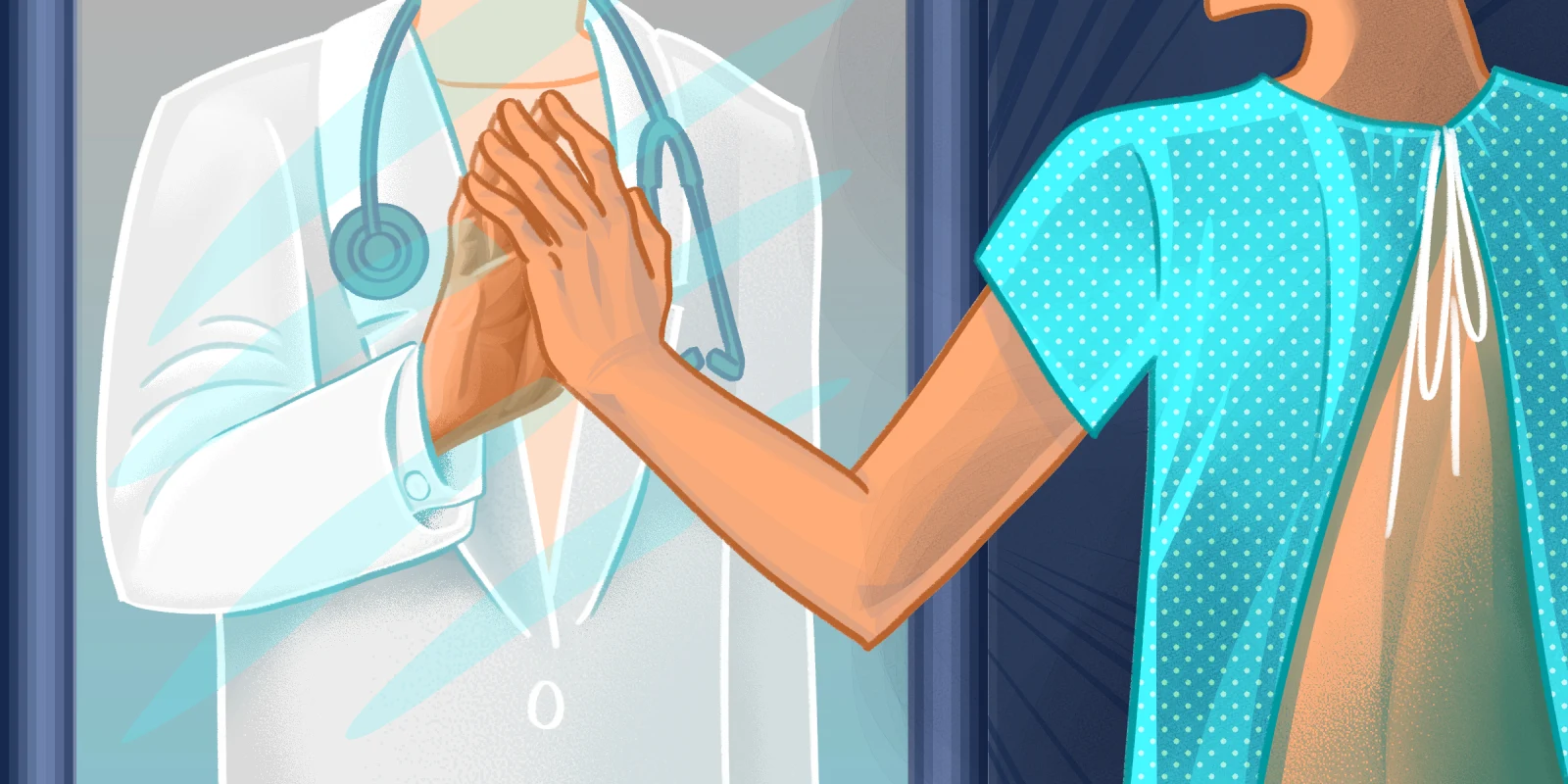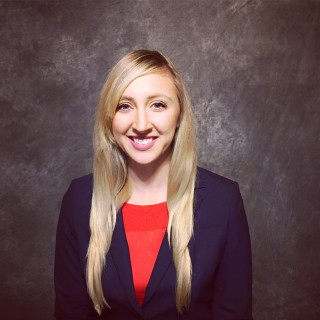“Just make sure you enter up here.” I pointed to my abdomen as my surgeon signed the consent forms in pre-op. I was dictating to my surgeon where he should make incisions during my surgery. I knew I was being unreasonable; I could imagine how I would feel if one of my patients tried to tell me where to make incisions. But, I reasoned that this situation was different. I was friends with my surgeon. I knew enough to know what could go wrong.
When I think of my peers, I’m struck by how all of us are patients, too — and yet we all suck at being recipients, rather than providers, of care. We think that being in the medical profession dissolves some of the barriers in medicine, but in some ways, those barriers are protective, and we are bypassing an important component of the process.
Ask yourself if you’ve ever texted a friend with a photo of your rash, or asked about your GI symptoms. Is a 2–3 sentence text to a physician really the equivalent of a full history and physical examination? Yet we do this time and time again because we don’t have time for a full workup and believe that our connections to our counterparts are sufficient. Most of the time they are, except for when it really matters.
We also believe that our medical knowledge affords us clarity about the culprits of our illness, which ultimately encourages us to not seek a medical opinion other than our own. We’ve become so accustomed to seeing horses that we forget about zebras, especially in ourselves.
I am no less guilty of making poor medical choices. I’m an ob/gyn, and even as I write this, I’m delayed in getting my Pap. In terms of going to a primary care doctor, I used to go once every 4–5 years, because I knew that I was young, healthy, and had few complaints. When I did go for annual gynecologic examinations, I went to friends, who spent the majority of the encounter chatting with me, briefly performing the exam, and getting me out quickly (since I usually asked them to add me on as a favor during a not-as-busy clinic day).
I wonder now whether if I had taken it more seriously, gone to someone I didn’t know, and didn’t divulge my background as a physician, they would’ve done a more thorough pelvic exam and noticed a 10 cm mass on my ovary.
Physician-patients also ask tough questions. Given our background in medicine, we have enough knowledge to be critical of any information handed to us, and to ask about alternatives. This is a positive element to being a medical professional, but there is a dark side, which shows when we begin to try to dictate our own care. We believe we’ve read enough, understand enough, have seen enough, to know what should be done. Yet we forget that the person in front of us, evaluating us, is the most educated person in the room on the topic — not us. The silver lining is that we’re also the world’s best advocates. If someone, including ourselves, is ill, we know the right questions to ask, the best way to interrogate. Our advocacy on behalf of friends and family is unparalleled, which makes us arguably the best patient advocates. But even this, however, can hurt our family, friends, even our pets.
After spending seven months with my veterinarian treating my dog for a multitude of infections, allergies, and localized skin reactions, and then testing him for every immunologic phenomenon in canines, my husband took our dog to another veterinarian on his own. He didn’t divulge that anyone was in medicine, he just gave our dog’s history. Twenty minutes later, we found out a very treatable, common cause was the culprit. I was astonished. How had I missed this? I spoke to the veterinarian on the phone, and her reply made it clear: “It’s intimidating treating a doctor’s dog. Maybe your other vet ran to the worst-case scenarios before checking the obvious stuff?”
I realize now that while our medical education certainly empowers us, we must be mindful of how it impacts our interactions with our physicians and vice versa. I now have a primary physician who doesn’t know me personally or know my occupation, and who hasn’t squeezed me in between my work commitments as a favor. I will always continue to advocate for myself, but now I will do so from within the confines of a normal patient encounter. I hope that my doctor will see me exactly as they see everyone else: as a patient first.
Has your medical training ever made it hard for you to think of yourself as a "normal" patient? Share your thoughts in the comments.
Dr. Muldoon is a minimally invasive gynecologic surgery fellow, a mother to the world’s tallest one year old and a 7-year-old Labrador, a wife to a kind Canadian, and an avid reader and fridge magnet collector. Dr. Muldoon is a 2020–2021 Doximity Op-Med Fellow.
Illustration by April Brust







